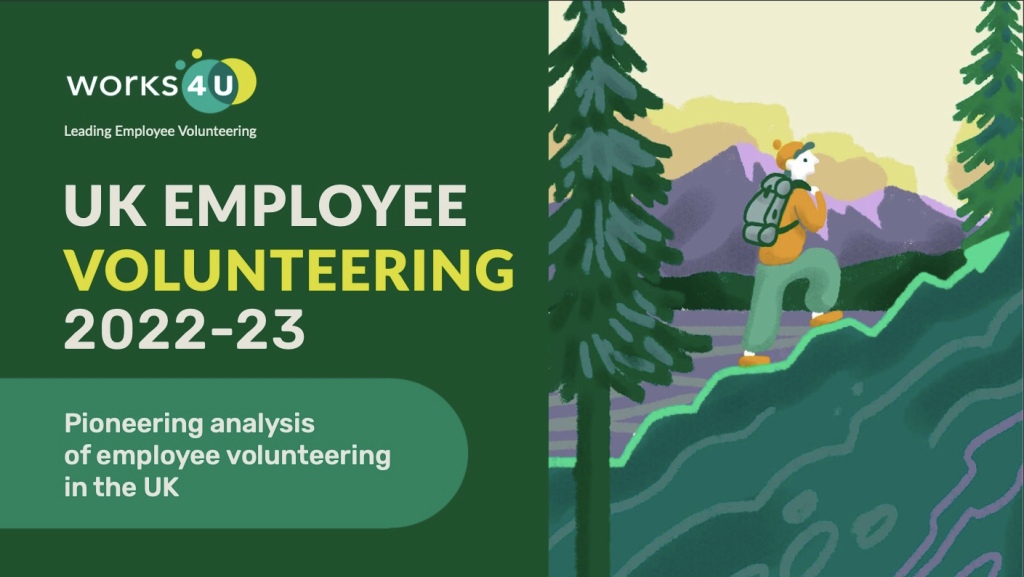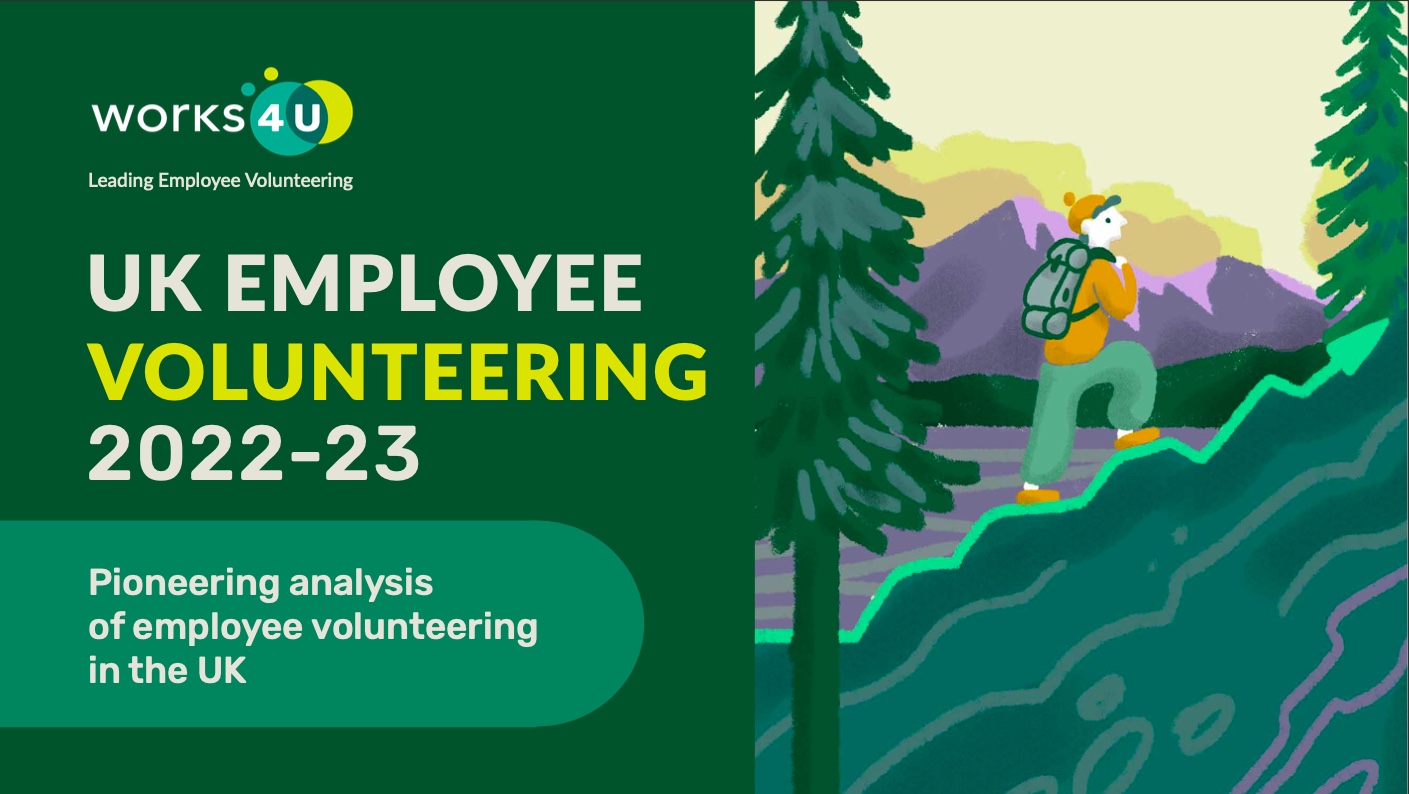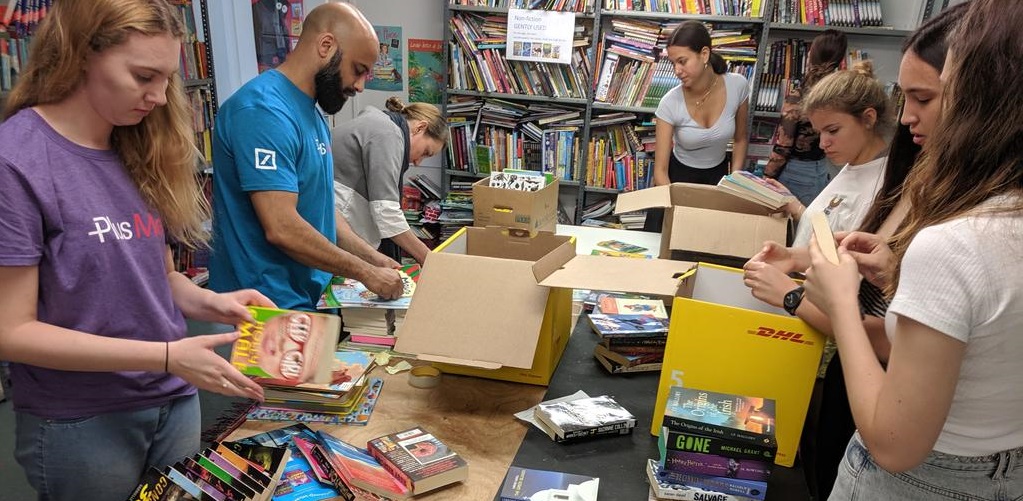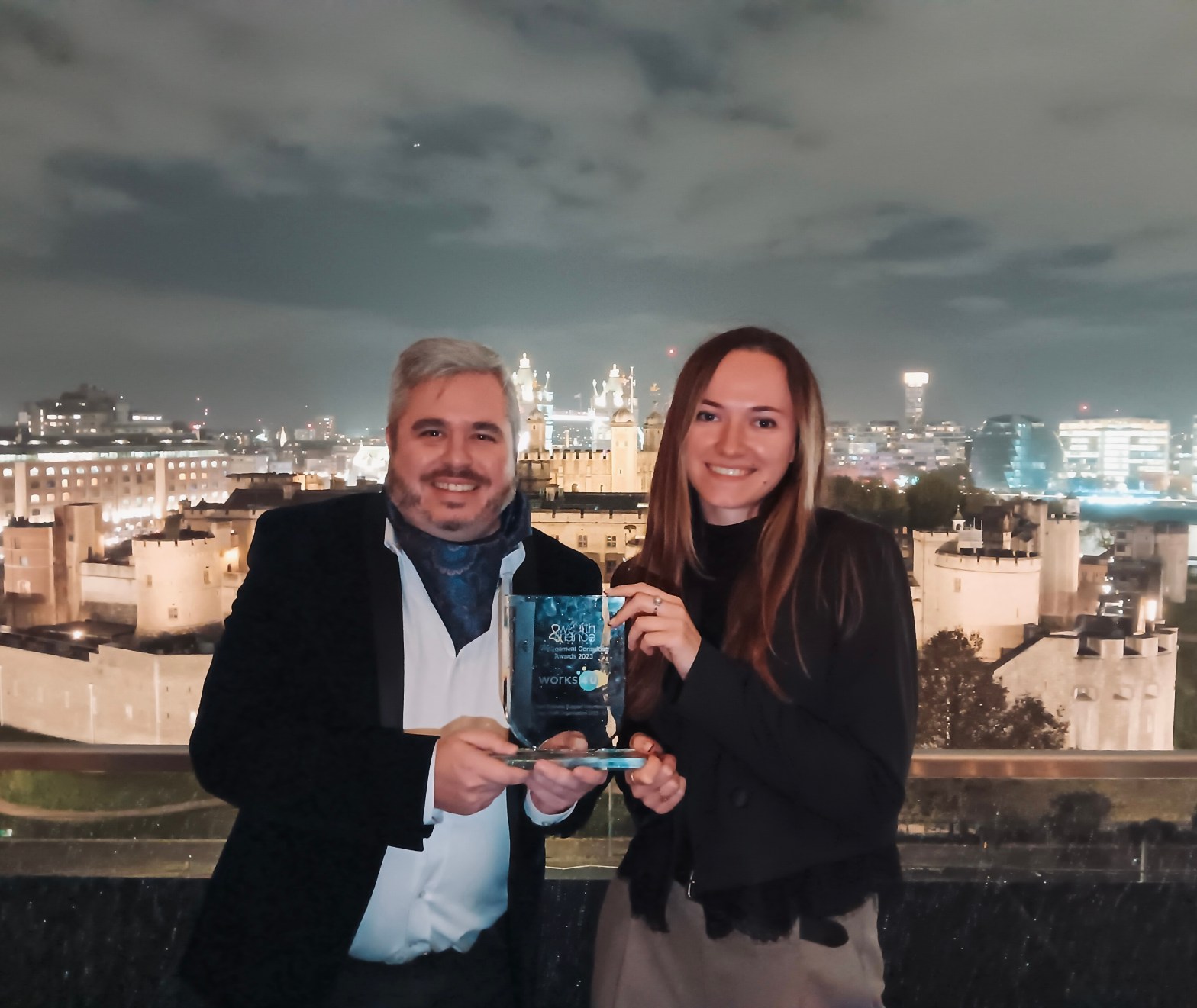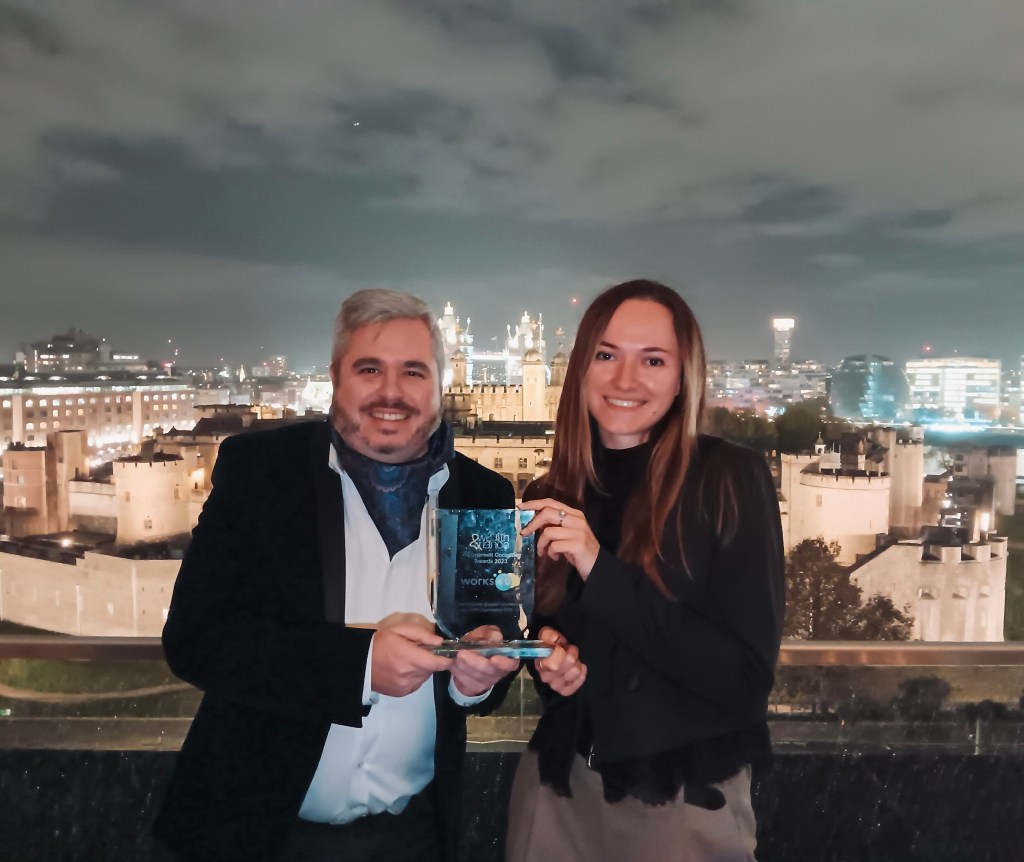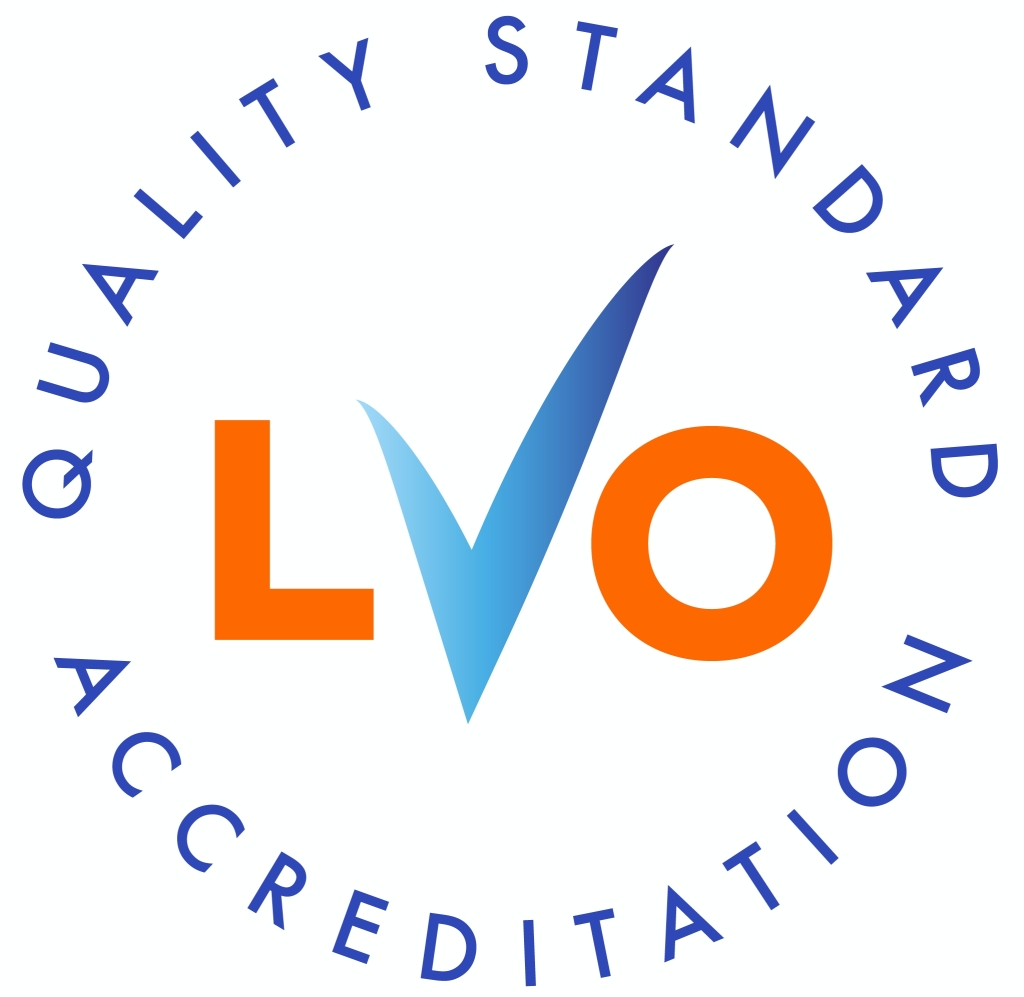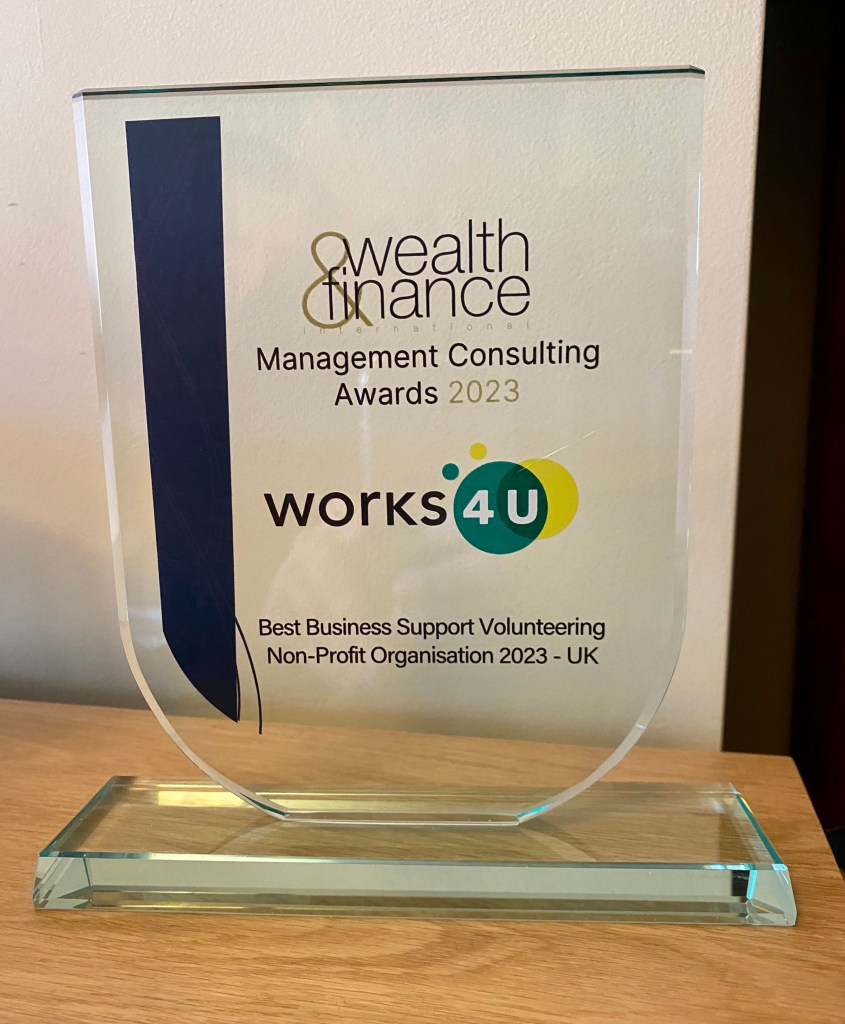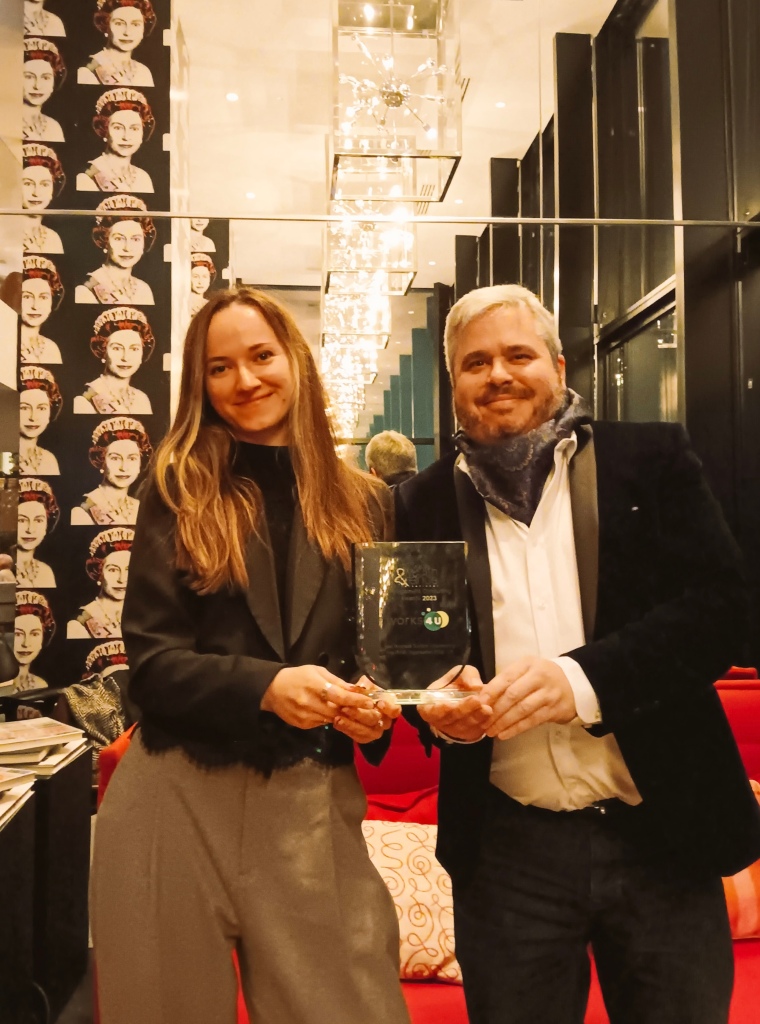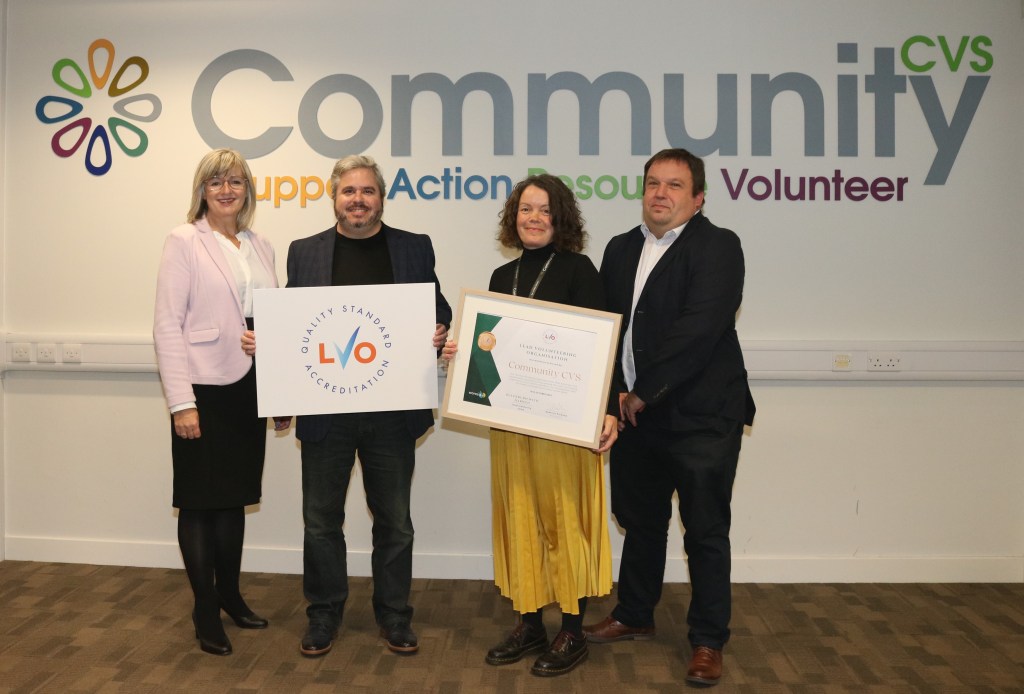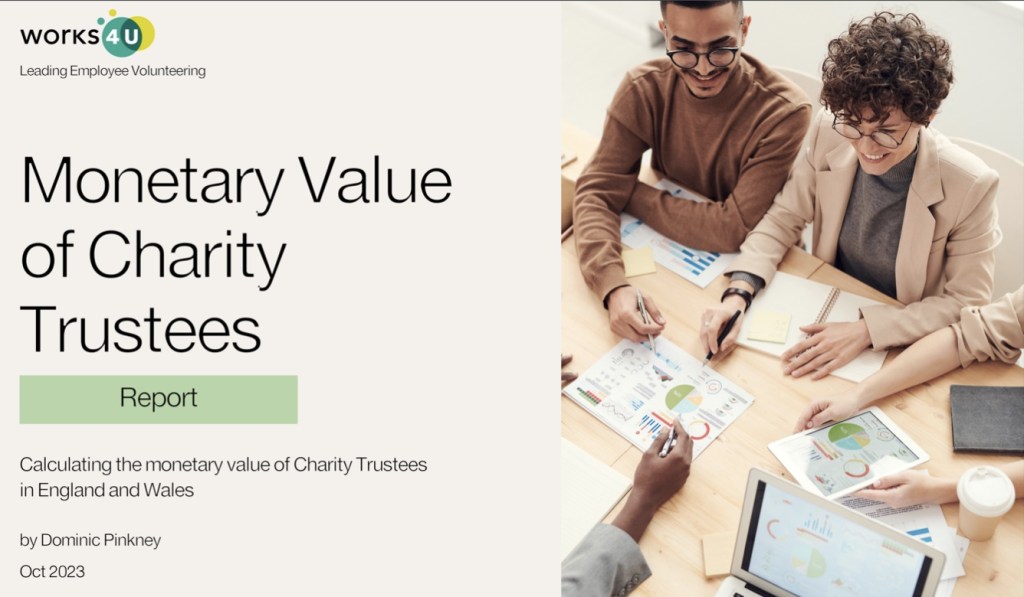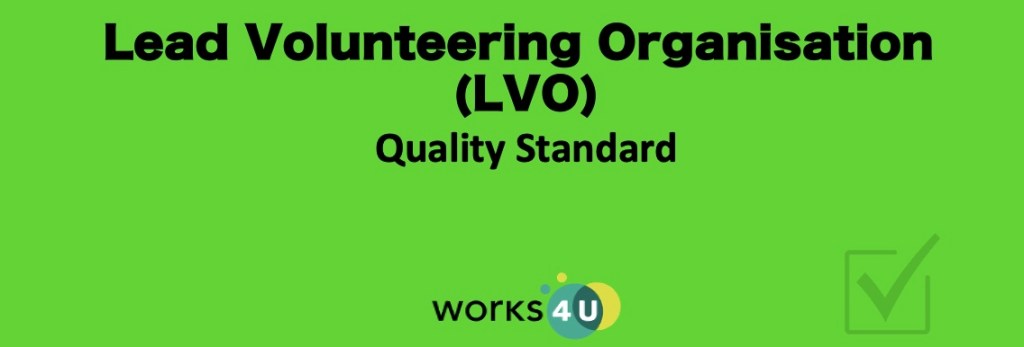If this sounds like one of those deliberately provocative ‘clickbait’ headlines, then I’m sorry to have to say this is a real question being asked in the voluntary and community sector. Only this week I got an email from someone struggling to recruit volunteers for an event who told me, ‘volunteering is a dying trait’.
Without volunteers there is no voluntary sector.
This is, of course, the bleeding obvious. It is so obvious, it seems, that it is completely forgotten and taken for granted.
Volunteering is the lifeblood of the voluntary and community sector. From informal gifts of time through helping a neighbour or at a community event through to formal roles such as Trustees, volunteering is ESSENTIAL to the sector functioning.
If volunteering is dying, then the result is the sector is dying. If the sector is dying, then communities are weakened and unsupported increasing demand on public services that are either already at capacity or do not exist as that is what our sector does. Bottom line, if volunteering is dying then everyone should be worried.
All across the UK, towns, cities and rural areas are reporting significant drops in the levels of formal volunteering:
- Volunteer Now published their findings on the impact of the cost-of-living crisis on volunteering in Northern Ireland in December 2022 stating, ‘The emphasis and frequency with which volunteer recruitment was raised by interviewees was concerning.’ They also report the negative impact this is having on the mental health of volunteer managers.
- Volunteer Scotland has been carrying out some great research into volunteering and how the cost-of-living crisis has impacted Scotland’s volunteer involving organisations (VIOs). Their February 2023 report has some important analysis and I would direct readers to the Key Findings on page 12 of their report.
- NCVO, the umbrella body for the voluntary and community sector in England, in December 2022 also reported a lot of its members are having issues and problems recruiting and retaining volunteers.
- I co-chair the London Volunteer Centre Network and members across London are reporting issues around volunteer recruitment and retention. The Hammersmith & Fulham Volunteer Intelligence Report (Mar 2023) also highlights that the biggest issue affecting local VIOs is recruiting new volunteers.
This is not meant to be an exhaustive list of evidence, but hopefully enough to convince that there is a real decline in formal volunteering and that this is causing real problems for charities and the communities they serve.
The cost-of-living crisis is clearly a large contributing factor, but to think volunteering issues will disappear once that has passed is to misunderstand the situation.
Volunteering has serious structural and systemic issues which have been exacerbated by the cost-of-living crisis but will remain, or be worse, once the crisis over:
- Trends for volunteers and VIOs moving in opposite directions – this has been happening for a few years and was accelerated by the pandemic. VIOs are increasingly more safeguarding conscious with long on-boarding processes to train and support volunteers to carry out their roles. As a result, they are naturally keen to have volunteers who will commit to giving significant amount of time over a long period. Whereas those interested in volunteering increasingly want to do it on their terms, when it is convenient for them, on an ad hoc basis and as soon as possible. Although VIOs are making some efforts for more flexible volunteer roles, they have a long way to go.
- Post-pandemic volunteering is different. As well as the cost-of-living, there are many factors that have impacted volunteering, such as:
(i) Many older people who volunteered in-person have not returned to their volunteer roles;
(ii) Perception that the pandemic is over and so volunteers not needed so much;
(iii) Fatigue and burnout of volunteers who have already given so much of their time;
(iv) Desire to volunteer remotely and/or less inclination for in-person volunteering
- Lack of funding to support volunteer programmes – to manage effective volunteer programmes that recruit and retain volunteers well you need good volunteer management resources. The economic squeeze of VIOs over the past 10 or more years has led to a reduction in these resources and, in many cases, managing volunteers is tacked onto existing roles rather than it being a dedicated roles.
- Voluntary sector infrastructure funding has reduced in real terms. The Feb 2023 360 Giving report highlights how VCS infrastructure funding, in the last 12 years has reduced, in real terms, compared to the rest of the sector.
- Weak national bodies – the national agencies which represent and champion volunteering and volunteer infrastructure do not have the clout and influence to persuade national and local government to invest in this area.
- The economic value of both volunteering and the infrastructure needed to keep it prospering and responding to needs is not understood. Obviously, local authorities and funders do understand it has a value, but they do not understand what they receive, in monetary terms, for their investment. Because of this, investment has reduced and, in some areas, has ended (for example, very sad to hear of the closing of Volunteer Centre Swindon)
The Value of Volunteering?
If we can solve the issue of understanding the value of volunteering this will go a long way to help solving the other issues.
There is an often-used quote in our sector by Sherry Anderson, “Volunteers are not paid; not because they are worthless, but because they are priceless.” As much as I love the sentiment behind this, it is also extremely unhelpful as we live in a society where only things with a clear economic value are supported, developed and invested in.
The benefits of volunteering for the individual and communities are, I hope, well known. As well as the actual impact of the volunteering, for individuals, volunteering helps mental health, builds social and professional networks, develops skills and is fun. For communities, people giving a little of their time formally or informally makes them resilient, cohesive and nice places to live. However, the economic value for these benefits is unknown.
Martin Brookes, the CEO of London Plus (which champions charities and community groups in London), highlighted a useful example that illustrates this issue in a short article ‘A better way to value and think about charities’. To summarise, it describes how volunteers from Good Gym stepped in to deliver prescriptions during the pandemic, as the private sector did not want to do this, not only did this volunteering activity not count towards calculating our GDP, it reduces it, whereas when the private sector carries this task out, it increases GDP. It is just one very real example which shows that as well as the value and impact on our society and economy of volunteering is not being measured or counted, when it does happen it can create a negative effect on the financial measures currently used.
Although the article does not mention it, as it was not relevant for the point being made, but it was the infrastructure organisation Voluntary Action Camden who facilitated the connection between the GPs/pharmacies and Good Gym who provided the volunteers. This clearly shows the benefits of infrastructure organisations, but the monetary value of this very important facilitation and brokerage is also unknown.
Therefore, those who work in the sector, whether it local, regional or national infrastructure, need to quickly come up with some measures of value to demonstrate the importance of volunteering. If we do not, then it could lead to decisions being made to stop investing in volunteer infrastructure with the inevitable consequence of having to re-establish it again later which not only costs more in the long run but takes time to do and weakens the whole sector whilst this happens.
What can we actually do?
The reality of volunteering right now in the UK is not good and looks quite bleak given the structural and systemic issues, but we are not in an impossible situation. Understanding what the problems are is definitely part of being able to create a solution.
Waiting for the cost-of-living crisis to end is not the answer. We need to tackle the issue on multiple fronts and we all have a part to play in the solution.
Showing economic value of Volunteering
Even if they are imperfect, we need to start estimating the economic impact of volunteering and volunteer infrastructure. In his article referenced above, Martin Brookes states, ‘The Law Family Commission on Civil Society offers a large number of very practical recommendations about data. They offer the prospect of improving how we measure the value and contribution of people like the runners of GoodGym in Camden.’
Young People
Pro Bono Economics wrote an article in December 2022 asking, ‘Is 2023 set to be the year of the volunteer?’ highlighting that there could be a wave of new volunteers stating, ‘1 in 6 young people, aged 18-34, plan to start volunteering. At the time of writing (March 2023), we are not seeing a lot of this yet and some of the structural issues of volunteering, particularly lack of flexible volunteering, are likely holding this back. However, having said that, one Hammersmith & Fulham VIO reported ‘we need volunteers and have less applications from adults and more from young people.‘ So, as well as making volunteering more flexible we need to make changes so that more younger people can get involved.
Increased Awareness of Need of Volunteering
When people think there is a real need or crisis, they step up to volunteer. This has been proven. Right now, in general terms, no one really knows that there is a real need for volunteers.
Although many volunteer infrastructure organisations do very well with social media and communications, none of them have a loud enough voice for this current situation. These organisations need help from others with bigger voices such as local authorities, national bodies and the government to significantly raise the profile of the ask for volunteer support. For example, a national promotion but locally delivered would be very impactful. However, these need to be coordinated between national and local bodies to be effective as the poorly thought through Big Help Out has shown.
Local authorities can play a stronger role in amplifying the messages of volunteer infrastructure organisations and if they can work together on dedicated campaigns it can reach more people who could volunteer.
Conclusion
Volunteering is not dying, far from it, but it is injured. The need for effective healthcare, i.e. local and national volunteer infrastructure, has never been stronger.
